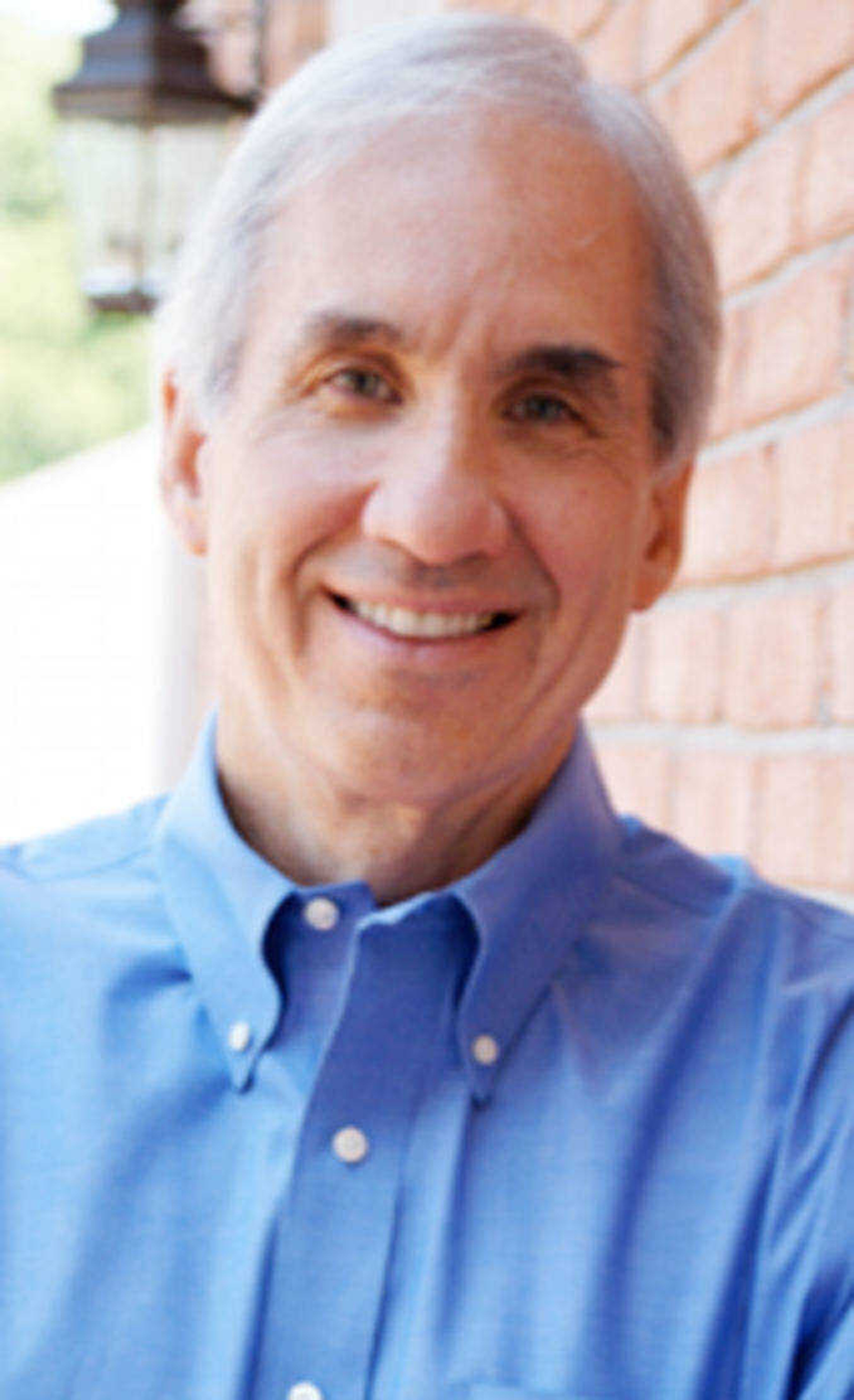In my last column I argued that George Bush was confounding the media. I want to expand on that theme. He is also confounding the entire Democratic Party, which is already experiencing post-election discord.
Since before George McGovern's 1972 presidential bid, moderates have been fighting to regain control of the party. Al From's Democratic Leadership Council claimed to have established control when its own Bill Clinton became president in 1992.
In fact, Clinton set the tone for moderate ascendancy when he put Sister Souljah in her place during the 1992 campaign, thereby sending a message that extreme elements would have no place in the New Democrat hierarchy.
After eight years of New Democrat Clinton and the booming economy validating his centrist approach, one would think that the moderates would have solidified themselves as the dominant voice in the party. Think again.
But Clinton could hardly be called a moderate. He tried to nationalize health care, expand federal control over education, re-energize affirmative action, and enact a multibillion-dollar domestic stimulus package. He implemented the largest tax increase in history, twice vetoed welfare reform, resisted Medicare and Social Security reform, and remained a committed enemy of the military and national defense, small business, private property owners, the Second Amendment, the rule of law and the unborn. He catered to the trial lawyers, Big Labor and environmental extremism and tirelessly engaged in race-baiting and class warfare.
Oh, yes, we finally got balanced budgets under Clinton and even surpluses, but he did his best to prevent them. Yes, I am serious. Had he succeeded in socializing medicine, passing the domestic spending package and other spending increases, and resisting welfare reform, the budget would not have been balanced, even with the booming economy.
True, Clinton began as a free trader. But don't forget that he couldn't even remain pure to that cause as the special-interest lobbies (labor and environmentalists) ultimately adulterated his allegiance there as well.
Clinton's two terms were anything but an affirmation of moderate principles. At almost every turn he yielded to the pressure of the special-interest groups that collectively form the base of the Democratic Party.
Following Gore's defeat, Democratic intramural squabbles continue and the debate rages. The New Democrats blame Gore's loss on his liberal populism and abandonment of centrist themes. Liberals say that he wouldn't have done as well as he did had he run as a moderate. There is some evidence to support each position.
The debate may prove to be academic, because Democratic leaders, especially presidential hopefuls, apparently believe they have to cater to extreme elements of their party. How else do you explain Sen. Joe Lieberman's amnesia about school choice and Hollywood's assault on the culture during his vice presidential bid? How else do you explain Sen. Robert Toricelli's abrupt opposition to John Ashcroft after pledging to support "this honest man"? How else do you explain Sen. Jean Carnahan's shameful vote against Ashcroft? Should I go on?
Democratic leaders are faced with a dilemma. The majority of Americans increasingly distrust big government, yet the Democratic base is growing more liberal, extreme, strident and belligerent.
As if this wasn't a big enough problem for Democrats, they now have Dubya to deal with. Bush is making overtures to Democrats (and their constituencies) with a ferocity and intensity that would suggest he might even mean it. Imagine that.
I don't believe Bush is trying to divide the Democratic Party or even exploit the divisions that already exist. But he does believe that every member of every Democratic constituency is fair game, and he intends to court them all of them, irrespective of race, creed, gender or any other category.
It would be much easier for Democrats if Bush were just being Clintonian, but they know better. If they rebuff him, their appeals for bipartisanship will be seen as disingenuous. If they embrace him, it may actually pave the way for bipartisan legislative successes -- and thus further empower this conundrum of a chief executive.
So even though Bush may not seem to be a perfect answer to the purist conservative's prayer, he may be just right for the times -- in terms of conservatives making forward progress. While the rest of us are arguing over the extent to which government should be involved, Dubya's in the process of winning hearts. That's an essential step if we hope to achieve long-term reform.
~David Limbaugh is a Cape Girardeau lawyer and syndicated columnist.
Connect with the Southeast Missourian Newsroom:
For corrections to this story or other insights for the editor, click here. To submit a letter to the editor, click here. To learn about the Southeast Missourian’s AI Policy, click here.









